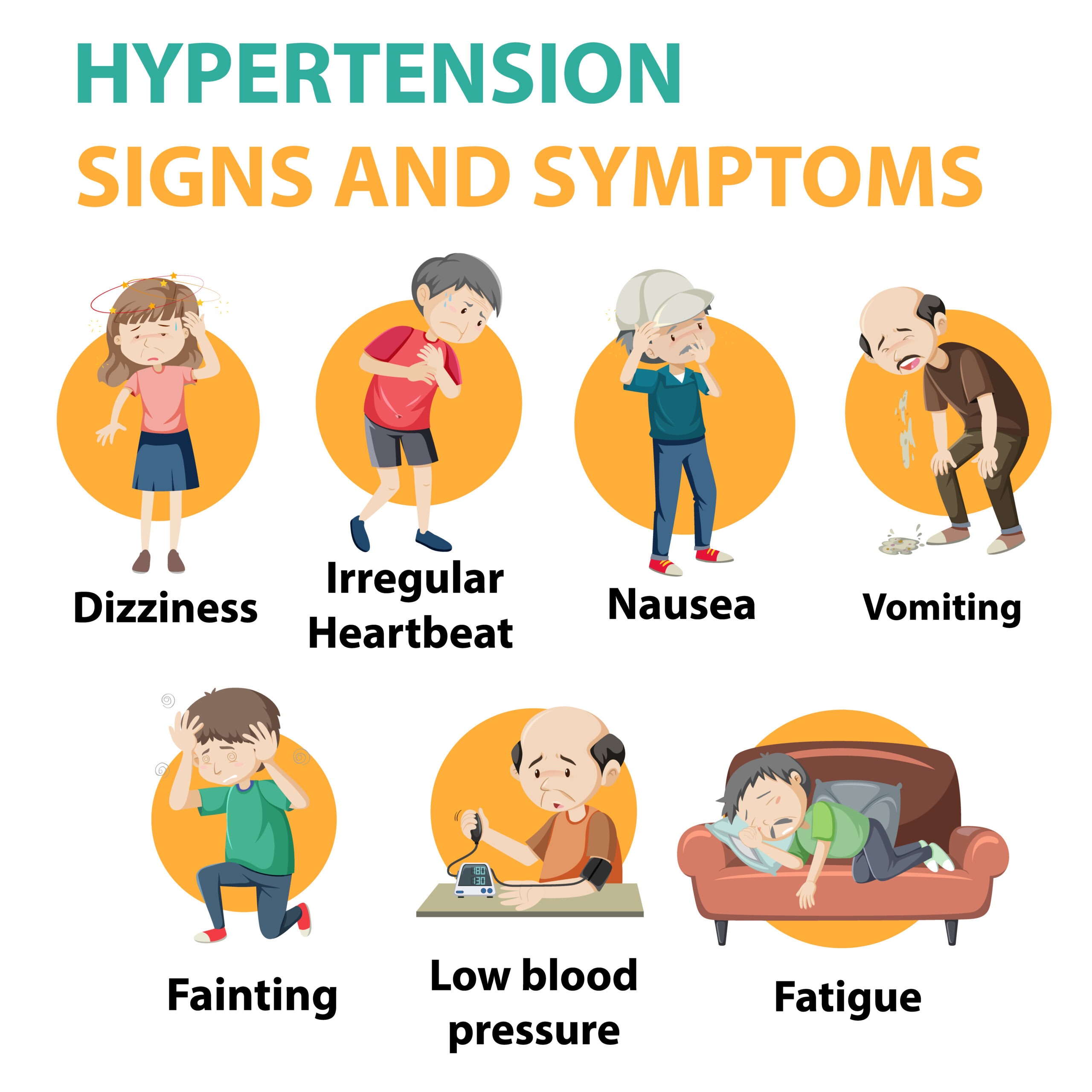Hypertension, also known as high blood pressure, refers to a chronic condition in which the pressure of the blood against the artery walls is more than the normal blood pressure. This condition can’t be cured but can be controlled with the help of medications and a few measures.
Symptoms:
Primary Hypertension does not have any symptoms as such, but severe hypertension may lead to the following:
- Headaches
- Blood in the urine
- Tiredness
- Chest pain
- Nose bleed
- Difficulty in breathing
Diagnosis:
The blood pressure is measured with the help of a pressure-measuring gauge. If the blood pressure is above 140/90, it is termed hypertension and if the blood pressure is above 180/120. It is termed severe hypertension. The best method is to visit a doctor and to get your blood pressure checked.
Treatment:
This condition can be kept in control with the help of medication in the form of oral pills and a healthy lifestyle. The following practices will help in reducing hypertension symptoms:
- Breathing exercises: This method helps in keeping stress and anxiety away, which helps in keeping the blood pressure normal.
- Regular exercise and Yoga: Daily workouts will lead to a healthy lifestyle.
- Less salt (sodium) intake: Lesser salt (sodium) intake will help in reducing hypertension symptoms as salt (sodium) is said to increase blood pressure levels.
- Anger management: This will lead to reducing hypertension symptoms and a decreased risk of heart attacks.
- Quit smoking: Smoking is considered a harmful practice, and quitting it would lead to a healthier lifestyle, reducing the symptoms of hypertension.
Dr. Meghana Pande has a strong interest and experience in complicated respiratory, cardiovascular, diabetes, gastrointestinal, endocrine neurological disorders and geriatric health. She was also on the forefront providing her expertise in the management of covid 19 patients during the pandemic.
She comes with rich experience of 15 yrs in critical care illnesses and management, internal medicine including management of e-ICU and ECMO.






